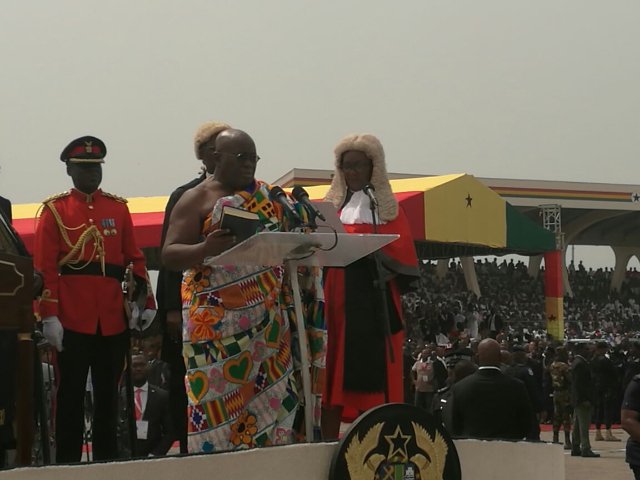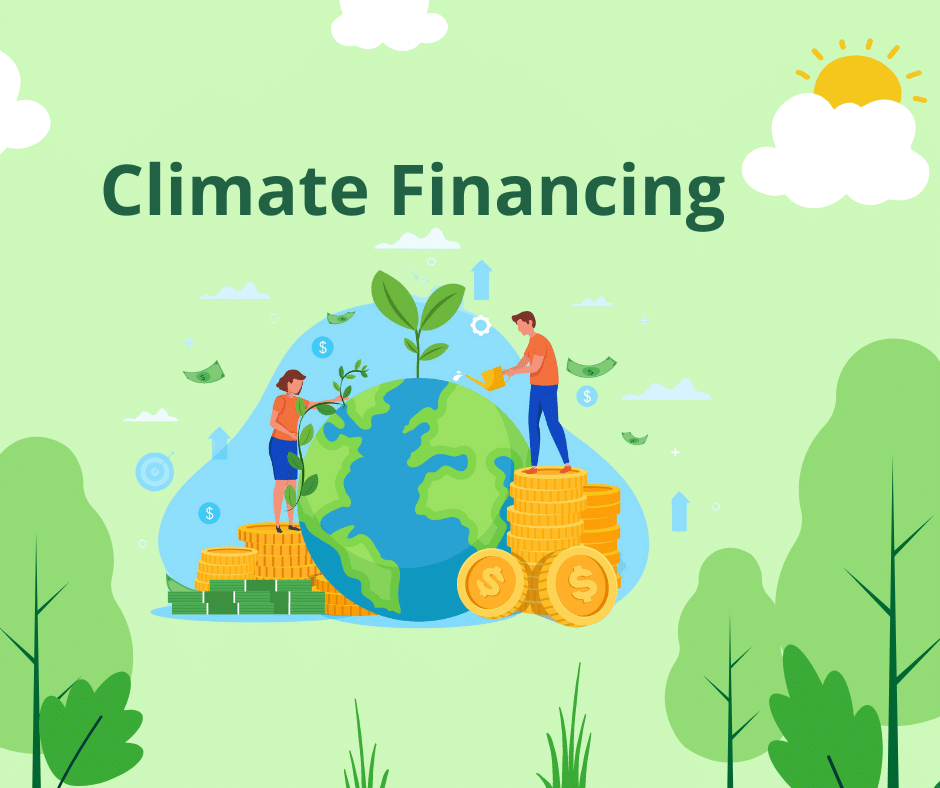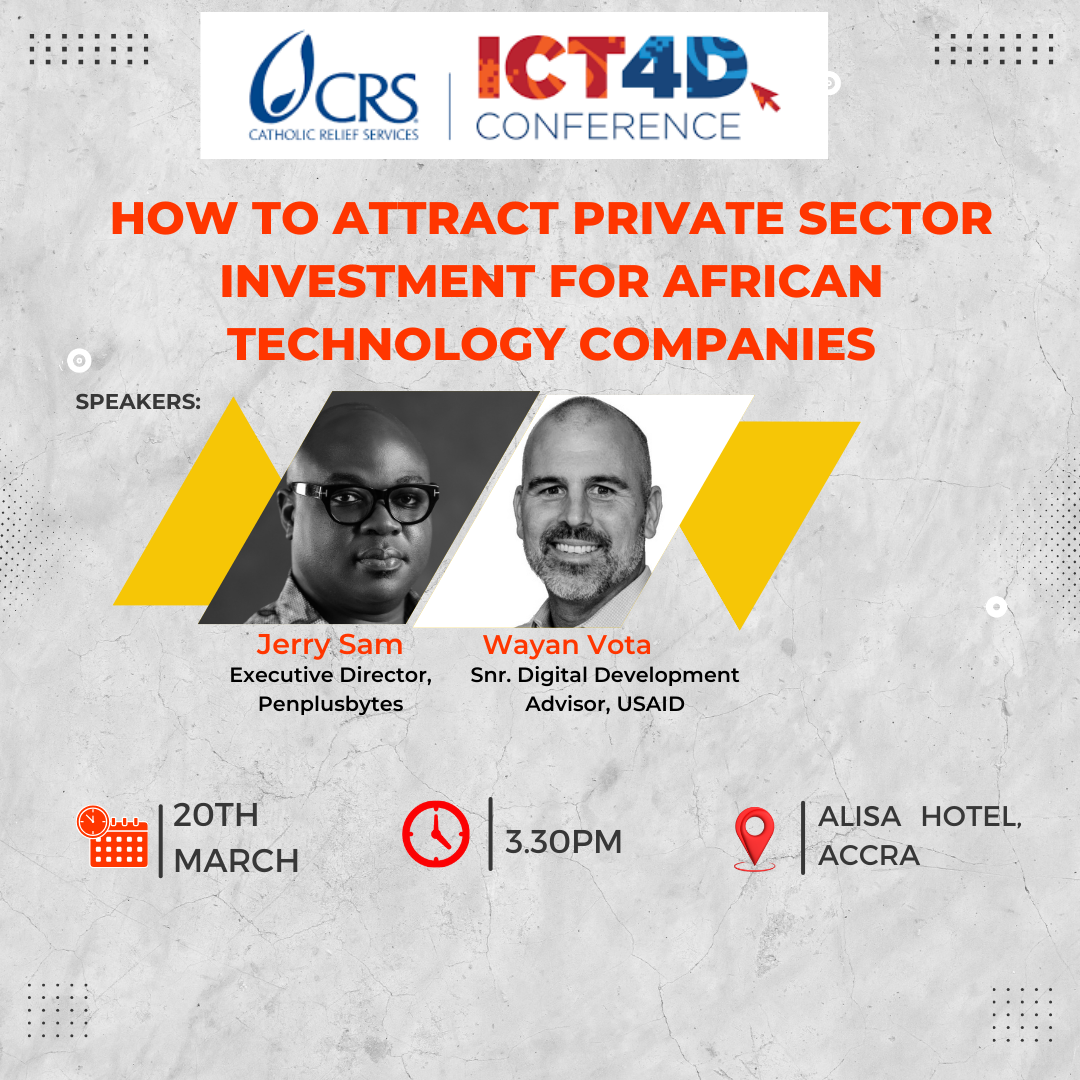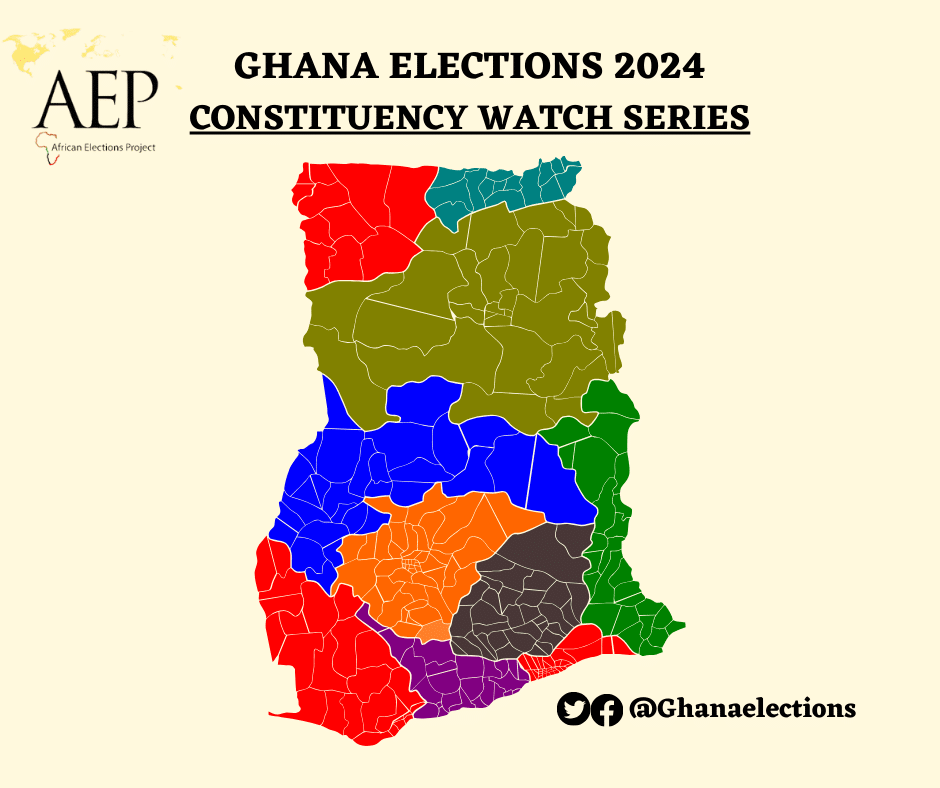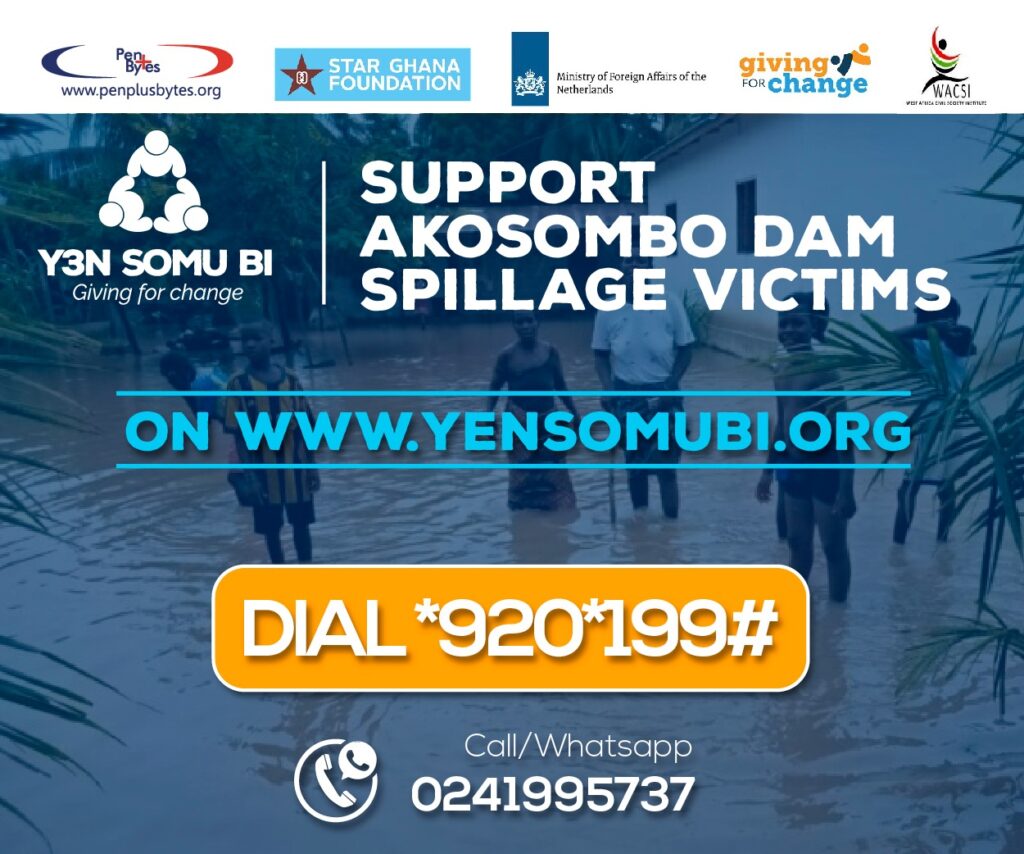By Eleanor Sarpong||
On Saturday, January 7, 2017, the West African country of Ghana sworn in a new President, Nana Akufo-Addo, for a 4-year mandate. Ghana’s election process concluded on December 9, 2016, when the country declared President-elect Akufo-Addo the winner of the election. But there was another, less celebrated winner in Ghana’s electoral process: the free and open Web.
For those who haven’t followed recent trends, an increasing number of African countries have taken to banning or reining in its citizens’ access to and use of social media and the internet, particularly during elections and in times of social unrest. In May 2016, Ugandan President Yoweri Museveni –in power since 1986, and on the eve of the inauguration for his fifth term in office – ordered the country’s internet to be shut down amidst growing opposition voices online. Mobile phone operator Airtel, somewhat ironically, took to social media to inform its customers in Uganda that social media had been blocked on the orders of the Ugandan regulator.
Uganda is far from the only country to do so. In May 2015, Burundi’s government cut off access to a number of messaging services, including Facebook, Whatsapp, Twitter and Tango, during protests over the incumbent president seeking a third term. In Ethiopia, where online media had become the go-to source of information for citizens as a result of the government’s tight control of traditional media, the government in May 2006 began to censor the internet, blocking opposition blogs and human rights websites. The election of real estate developer Adama Barrow as President of The Gambia in December 2016 was preceded by a countrywide internet ban; citizens were unable to follow developments online and international news correspondents in the capital Banjul resorted to VPN – virtual private networks – connected to their organisation’s internal networks to relay information to both external and internal audiences.
Access Now, an international nonprofit that defends the digital rights of users, documented 52 internet shutdowns across the world in 2016 alone, with shutdowns in at least 11 African countries contributing to that number.
With the number of shutdowns around the continent on the rise, Ghana stood out as a beacon of digital freedom, with a vibrant traditional media sector and relatively unfettered access to the internet and social media. Given this history, Ghanaians were alarmed when the Inspector General of Police announced in July 2016 that a social media blackout was on the cards on, and after election day. Governance analysts, internet users, activists and the social media universe took to both traditional and social media with commentary and articles on the danger of such a decision for the country’s celebrated values of democracy and freedom of expression. Civil society groups engaged both the police and security services to explain the benefits of keeping the internet open in an election. Thankfully the security services listened, reversing their stance, even actively adopting social media. The Ghana Police Service’s Twitter account (@GhPoliceService) proved to be a reliable source of public safety information during the election period.
Prior to and during the elections, the Electoral Commission of Ghana shared updates via its own Twitter account (@ECGhanaOfficial) on the voting and electoral processes. Its timeline was rich with swift and timely responses to allegations or challenges that could undermine the process, including the attempted hack of the Electoral Commission website.
Ghana’s Coalition of Local Observers (CODEO), which monitored conduct at the polls, also ensured regular engagement with citizens through Twitter, calling for calm when, before the official conclusion of vote counting, the two dominant political parties claimed victory – a declaration that by law is reserved for the head of the Electoral Commission.
Incumbent President John Dramani Mahama took to his personal Twitter account to engage directly with his followers and the public, and to calm nerves while voters sat on the edge waiting for results of the presidential poll.
The role of civil society
Civil society groups were also very active throughout the election, taking to online spaces to discuss party manifestos and campaign promises, and sharing ideas and information with citizens and policy makers alike via social media. Online citizens were able to stay informed and up-to-date through increased social media activity by civil society organisations and activists, via channels like @BloggingGhana, @OccupyGhana, and through the hashtag #GhanaDecides.
Free and independent media
Since liberalising its media in 1992, Ghana has developed a very vibrant media space with www.myjoyonline, www.citifmonline and www.peacefmonline three of the most visited sites on news on the country. Prior to the elections, journalists created various platforms for government to engage the populace through innovative programmes and were central to the electoral process, reporting live from polling stations across the country.
International correspondents like the BBC’s Ghanaian presenter Akwasi Sarpong also provided minute-by-minute accounts on the election process, including Q&A sessions with the head of the Electoral Commission, exclusive interviews with key candidates in the poll, coverage of underreported election issues for young voters, and broke the news of the incumbent’s concession to the opposition leader.
Ghana’s example is proof that credible elections in Africa can be held – and supported – while keeping the internet open and making social media accessible. Ghana is not alone in making a case for this. Nigeria’s election, which ushered in Mr. Muhammadu Buhari in April 2015, similarly saw a heavy campaign on social media and the internet. The country’s Independent National Electoral Commission (INEC) used social media to provide vital updates to the electorate.
Potential for the internet in Africa
Recent ITU figures show that despite growing global internet penetration levels, 75% of Africa’s population remains offline. By comparison, just 21% of Europe is offline. Enabling this massive population to come online presents immense opportunity for business and citizen engagement. The foundations have been laid for increased mobile phone penetration and access to basic data at affordable rates. While access to affordable internet has become a basic human right in a number of countries, the risk of internet blackouts and shutdowns threaten to derail the SDG goal 9c of ensuring universal and affordable access in the world’s least developed countries by 2020. The Alliance of Affordable Internet (A4AI) has predicted that at our current trajectory, we’ll only hit this target in 2042, 22 years after the deadline set by the global community. Governments must therefore embrace the wonderful opportunities presented by the internet and social media to empower its citizen and ensure it is open, accessible, and affordable too.
Looking ahead to 2017 elections around the globe
As more countries head for elections this year across the globe (Kenya, Liberia, Somaliland, Rwanda, Chile, Ecuador, Papua New Guinea, New Zealand, possibly Lebanon, Iran, Germany, France, Albania, Portugal), civil society actors, the media and activists must advocate not ony for the internet and social media to be kept on, but must show decision makers examples of the democratic successes enabled by keeping the free and open internet on and accessible.
Source: myjoyonline.com
**The writer is the Policy and Advocacy Manager for the Alliance for Affordable Internet (A4AI), a programme of the World Wide Web Foundation.

